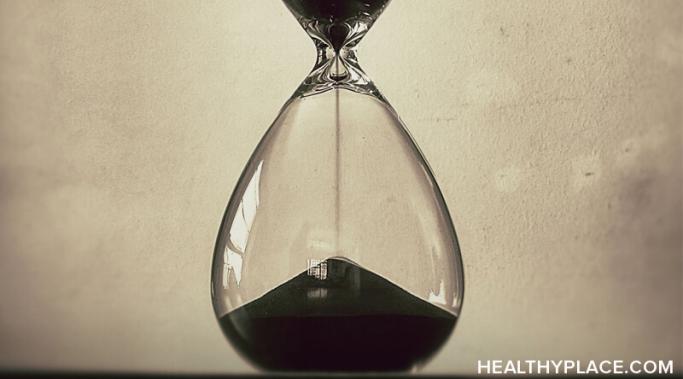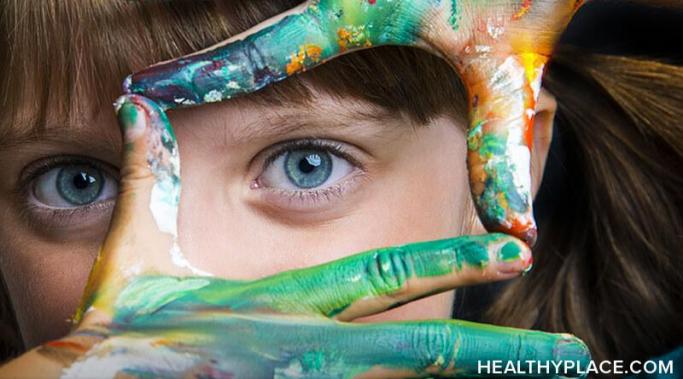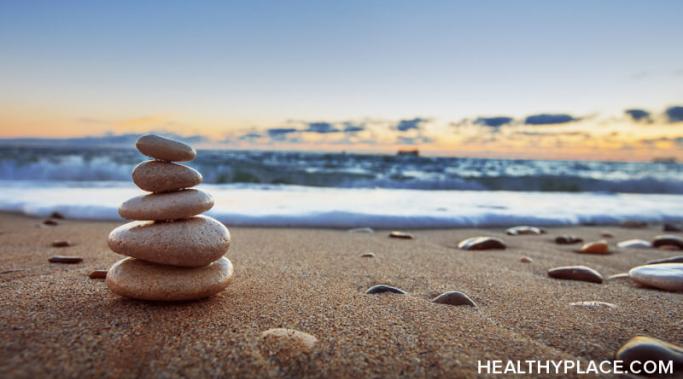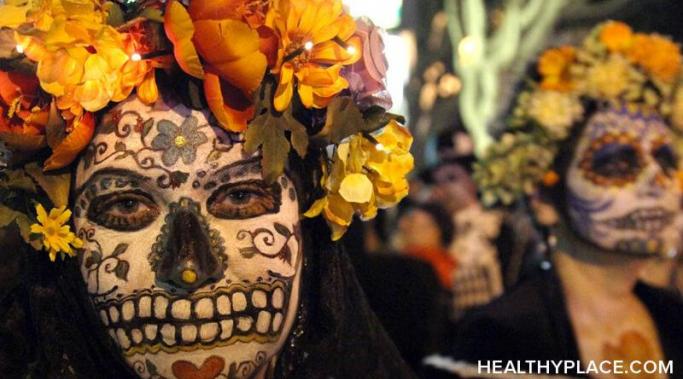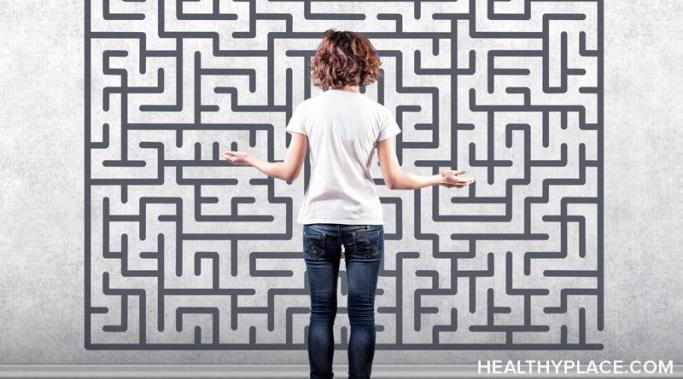Discovering meaning during midlife can seem like a challenge. Faced with uncertainty about the future and the feeling of having spent years working without achieving anything significant, how can we avoid discontentment, nurture a positive mindset, and turn midlife into a transformative journey? Here's how I found meaning in midlife.
Purpose
Today, individualism is more challenging than ever. This week, I've been thinking a lot about The Fountainhead, a novel by Ayn Rand, the Russian-born American writer and thinker who's been largely slimed by 21st-century progressives for her conservative political philosophy. The Fountainhead, however, deals not with politics but with self-hood and being an individual.
As my school year draws to a close, the notion of letting go is front and center on my mind. May is always a poignant month for a teacher, but this May has been particularly heavy as I prepare to leave the world of education behind and embark on a new career path. I will miss my students dearly and the person I have become under their tutelage, but as we march toward the last day of school, I am more and more ready to let go of who I have been in order to make space for who I will be.
Happiness matters. It's easy to get caught up in the hustle and bustle of daily life, constantly pushing ourselves to do more and more in the quest for success. However, it's important to remember that genuine satisfaction comes from doing what you love. Whether it's a hobby, a passion project, or a career path, prioritizing your happiness can profoundly impact your health and wellbeing.
Dopamine and setting goals are links, and so are important in depression. In spite of what the popular "treat yourself" culture would have you believe, when it comes to battling depressive swings, setting goals and striving towards them remains tried and true. When we're feeling blue, self-care and self-compassion are important, but face masks and chocolate will only get us so far. If you're stuck in a rut, it's possible that what you need isn't less responsibility but more.
I celebrate life's journey -- some days more than others.
One of the best pieces of advice I've ever received was to stop trusting my emotions, which means, don't trust my gut. I had gone to see an acupuncturist with a strained back and an abundance of curiosity. He palpated my ovaries, eyelids, and the like for a half minute before diagnosing my issue as one of emotional over-indulgence. He stuck a couple of dozen needles in me, left me alone for 20 minutes, and returned with his treatment plan. "You shouldn't trust your gut so much," he suggested and sent me on my way.
I hate the phrase, "live your truth." I really do. Besides being tragically cliched, relegated to Instagram captions and gift shop t-shirts as it is, "live your truth" is generally marketed as a philosophy that will always yield a good outcome: live your truth, and you'll be radiant, prosperous, and probably really great at yoga. Live your truth, and achieve perfect bliss. Rarely have I heard a person or a piece of content urge me to live my truth and insinuate anything but a wonderful result.
Taking risks has a bad reputation. We advise people against decisions that seem "risky," warn children away from capers that might result in injury, and, as a general rule of thumb, seek certainty at all costs. On the surface, this ethos makes perfect sense. Why take risks when the odds are against you? After all, that's what risk is: a poor probability or an unlikely shot.
This isn't one of those stock Thanksgiving blogicles where I waste 500 words tossing around washed-up phrases about how "gratitude is an attitude." It's much worse than that. I'm going to try to challenge your notion of gratitude altogether. I said early on in my HealthyPlace journey that I wasn't going to try to convince anyone of anything, but we all knew I was lying. So let me be explicit about this: I want you to leave this post believing that gratitude isn't just for the things in your life that are working. I want you to walk away feeling grateful for the challenges in your life that aren't.
